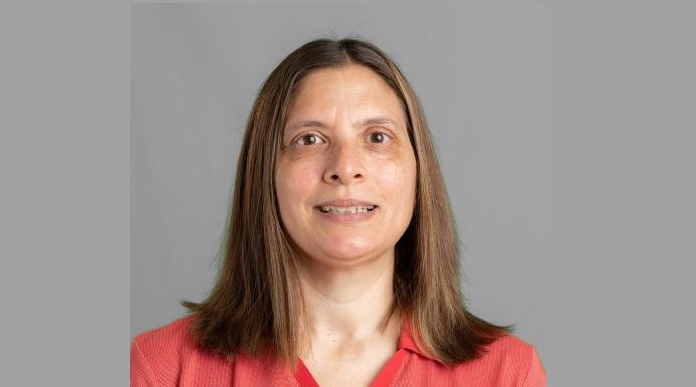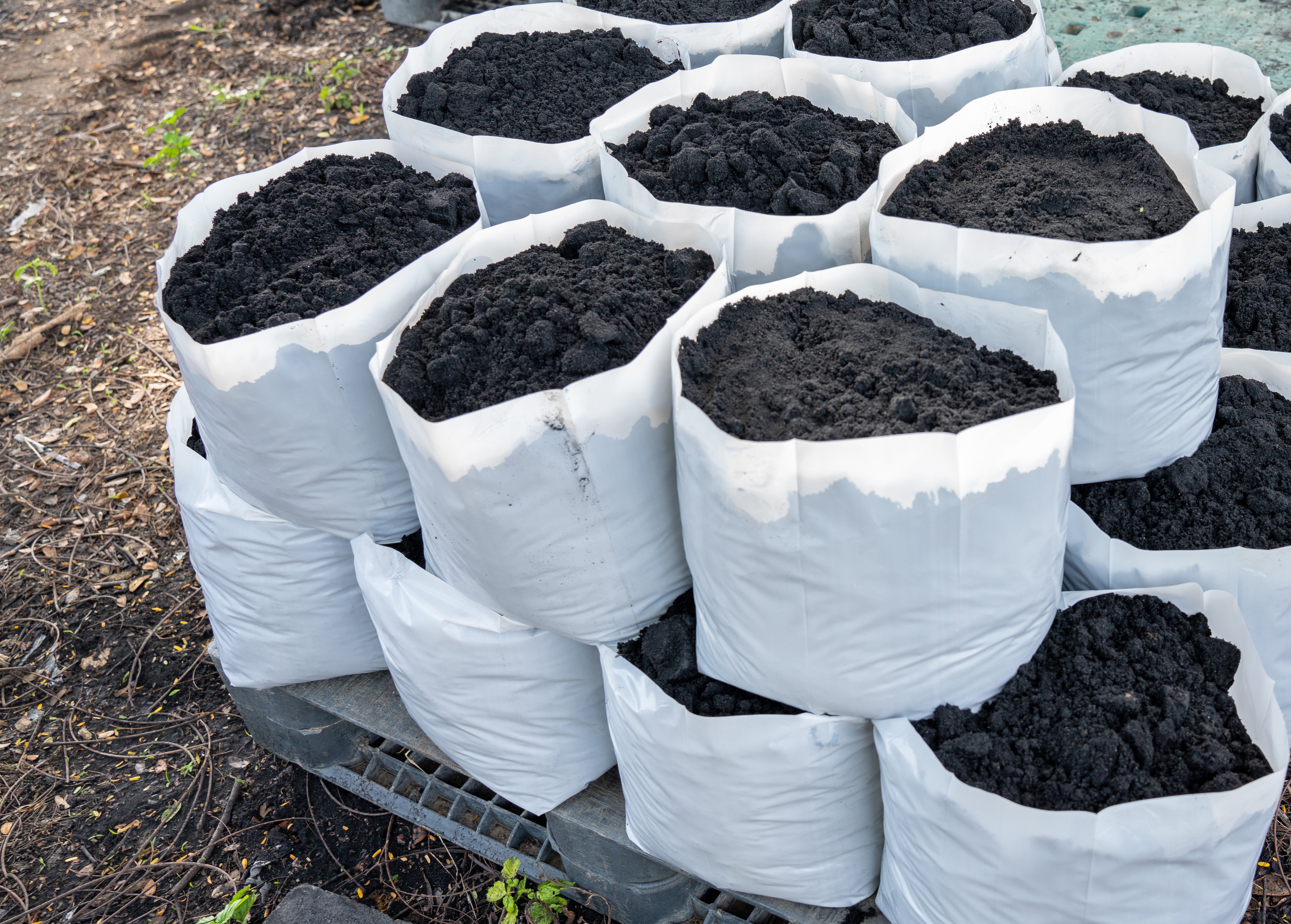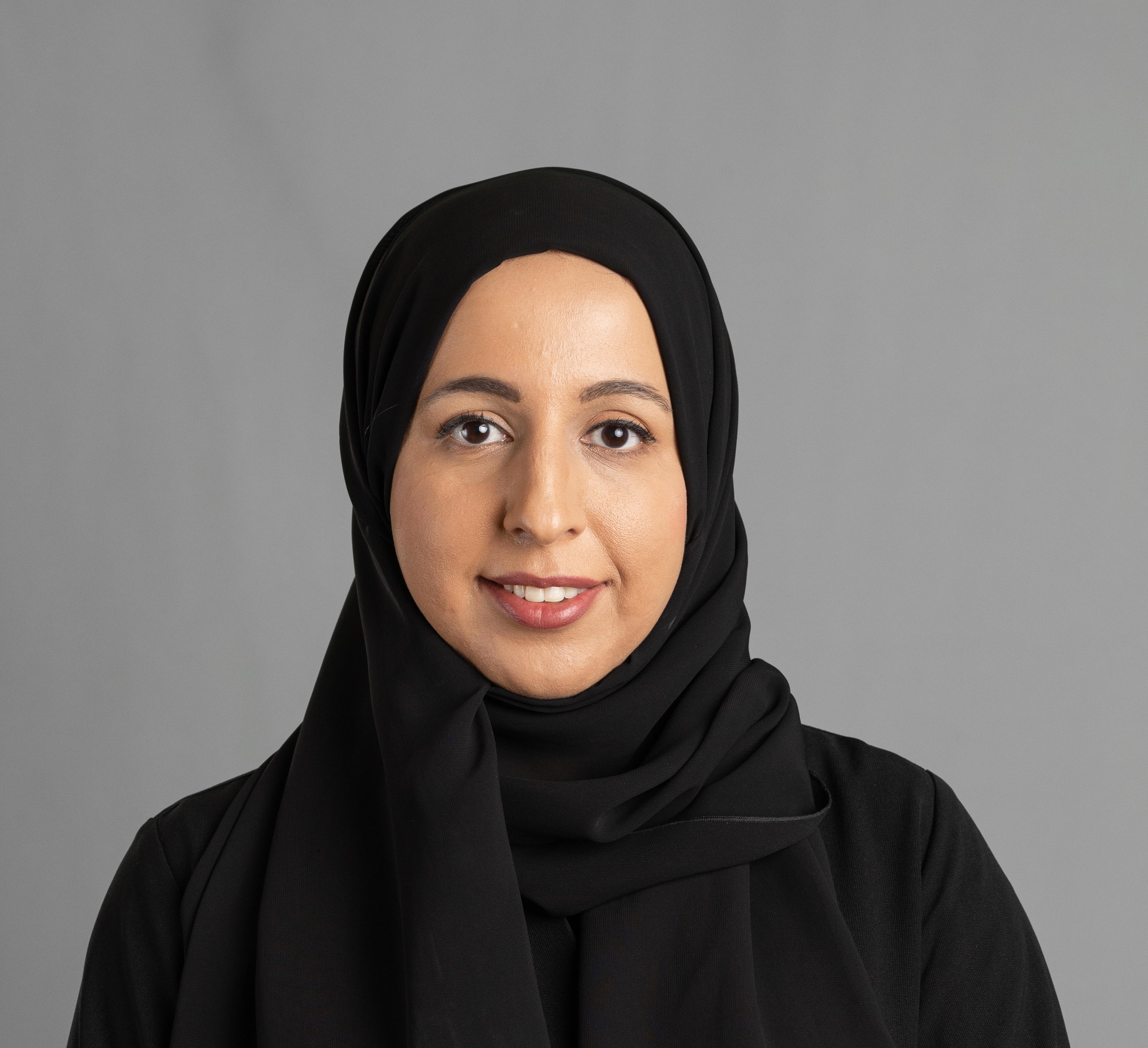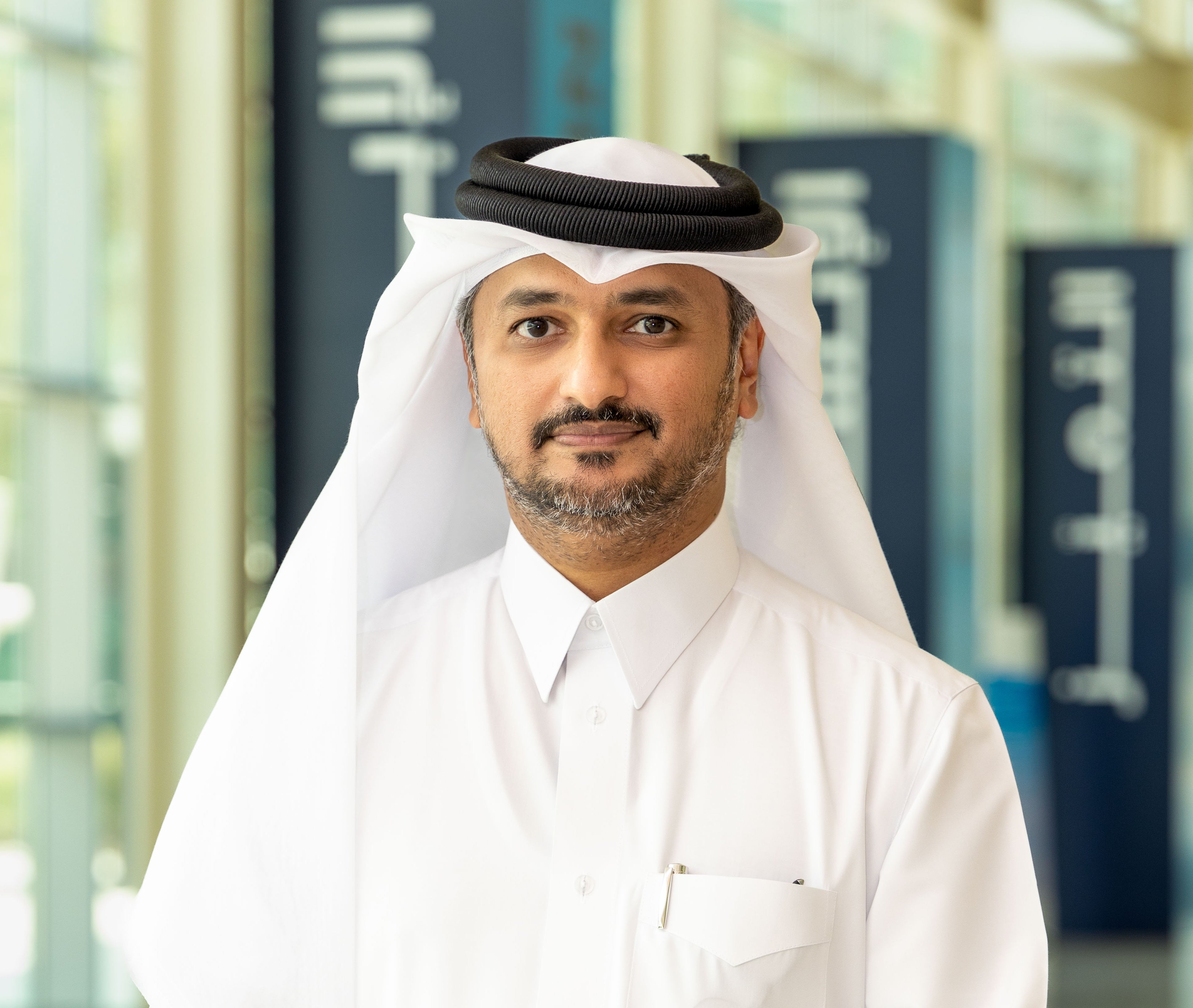
Beyond COVAX: How Game Theory is Reshaping the Future of Vaccine Equality

Vaccines are our most powerful tool against epidemics, and the way we distribute them globally is crucial. The recent COVID-19 pandemic nevertheless exposed flaws in vaccine distribution systems, with wealthier countries securing the most through bilateral deals. By June 2021, a staggering 75% of all vaccines were administered by just 10 countries, leaving the rest of the world at a significant disadvantage.
The transnational nature of pandemics means that countries pursuing their own narrow interests by hoarding vaccines will only prolong crises by preventing other countries from accessing limited resources. This is also known as a “collective action problem,” a situation where if each actor selfishly pursues their own interests everyone loses out, including the selfish actors themselves.
In advance of future pandemics, the establishment of a global vaccine market that incentivizes countries to pursue socially optimal objectives will be crucial for minimizing deaths and limiting the spread of infections. COVAX, a laudable initiative by the Coalition for Epidemic Preparedness Innovations (CEPI), Vaccine Alliance (Gavi), UNICEF, and World Health Organization (WHO), provides a useful case study for planners, policymakers, and practitioners. Launched in April 2020, COVAX developed a two-phase approach for ensuring equitable global access to COVID-19 vaccines. In the first instance, the initiative sought to guarantee that participating countries could vaccinate at least 20% of their populations. Vaccines would then be allocated according to countries' vulnerability and need.
While the proportional allocation seemed fair on the surface, it ran counter to the primary goal of vaccination: minimizing deaths. In September 2021, for instance, COVAX announced its allocation plan with 76 million doses distributed to 46 developing countries. Strangely, one of those countries was allocated doses for 6% of its population despite having zero COVID-19 deaths the previous month. In marked contrast, another country which had reported 7 deaths per 1 million in the month prior to the decision, was allocated only 1% for its population. The readiness of states to receive and administer vaccines was also brought into question after reports emerged of vaccines being disposed of due to expiry and poor storage conditions.
With the termination of COVAX at the end of 2023, new strategies are essential for ensuring equitable vaccine distribution during future epidemics. In response, researchers at Hamad Bin Khalifa University (HBKU) have developed a groundbreaking global market framework that guarantees a fairer allocation of vaccines irrespective of a country's economic power. Using game and auction theory, the researchers crafted a mechanism that efficiently allocates vaccines to countries in order to minimize wastage. This is effectively a central vaccine market that incentivizes countries to transparently report epidemic data and readiness to administer vaccines locally.
The framework's key advantage lies in aligning countries' self-interest with global objectives, maximizing the social benefit of vaccine administration. The proposed market mechanism incorporates an artificial payment system, where budgets are inversely proportional to a country's economic wealth. Results show that truthful reporting of deaths and readiness becomes a dominant strategy, ensuring a fair and efficient distribution of vaccines.
This research marks a significant step towards a world where the fight against epidemics is not only effective but also fair and just. Any breakthrough in global vaccine distribution is not just a theoretical achievement; it also holds the potential to practically reshape global health strategies. Driven by real-world implications, this research offers a tangible approach to a more equitable vaccine allocation mechanism, demonstrating that the pursuit of effectiveness in combating epidemics can indeed go hand in hand with fairness and justice.
The project was led by Dr. Luluwah Al-Fagih, Associate Professor, College of Science and Engineering (CSE), in collaboration with colleagues at HBKU and a public health expert at the British-based Rhazes AI. Their research is outlined in a new study published in the journal PLOS Global Public Health, which is freely available here.
Related News

Women’s Sport and Women in Sport: What Qatar can Leverage from the FIFA Women’s World Cup 2023

Qatar’s ‘Awqaf Index’: Revitalizing Islamic Endowments for a Sustainable Future

Sport and Politics Don't Mix? Double Standards and Calls for Boycotts Loom in World Sport

Qatar’s Innovative Solutions for Combating Desertification and Enhancing Sustainability

Democratizing Technology: Integrating Equity and Inclusion in an Era of Rapid Innovation

Women’s Sport and Women in Sport: What Qatar can Leverage from the FIFA Women’s World Cup 2023

Qatar’s ‘Awqaf Index’: Revitalizing Islamic Endowments for a Sustainable Future

Sport and Politics Don't Mix? Double Standards and Calls for Boycotts Loom in World Sport

Qatar’s Innovative Solutions for Combating Desertification and Enhancing Sustainability

Democratizing Technology: Integrating Equity and Inclusion in an Era of Rapid Innovation

Women’s Sport and Women in Sport: What Qatar can Leverage from the FIFA Women’s World Cup 2023

Qatar’s ‘Awqaf Index’: Revitalizing Islamic Endowments for a Sustainable Future

Sport and Politics Don't Mix? Double Standards and Calls for Boycotts Loom in World Sport

Qatar’s Innovative Solutions for Combating Desertification and Enhancing Sustainability

Democratizing Technology: Integrating Equity and Inclusion in an Era of Rapid Innovation

Women’s Sport and Women in Sport: What Qatar can Leverage from the FIFA Women’s World Cup 2023

Qatar’s ‘Awqaf Index’: Revitalizing Islamic Endowments for a Sustainable Future

Sport and Politics Don't Mix? Double Standards and Calls for Boycotts Loom in World Sport

Qatar’s Innovative Solutions for Combating Desertification and Enhancing Sustainability

Democratizing Technology: Integrating Equity and Inclusion in an Era of Rapid Innovation

Women’s Sport and Women in Sport: What Qatar can Leverage from the FIFA Women’s World Cup 2023

Qatar’s ‘Awqaf Index’: Revitalizing Islamic Endowments for a Sustainable Future

Sport and Politics Don't Mix? Double Standards and Calls for Boycotts Loom in World Sport

Qatar’s Innovative Solutions for Combating Desertification and Enhancing Sustainability

Democratizing Technology: Integrating Equity and Inclusion in an Era of Rapid Innovation

Women’s Sport and Women in Sport: What Qatar can Leverage from the FIFA Women’s World Cup 2023

Qatar’s ‘Awqaf Index’: Revitalizing Islamic Endowments for a Sustainable Future

Sport and Politics Don't Mix? Double Standards and Calls for Boycotts Loom in World Sport

Qatar’s Innovative Solutions for Combating Desertification and Enhancing Sustainability

Democratizing Technology: Integrating Equity and Inclusion in an Era of Rapid Innovation

Women’s Sport and Women in Sport: What Qatar can Leverage from the FIFA Women’s World Cup 2023

Qatar’s ‘Awqaf Index’: Revitalizing Islamic Endowments for a Sustainable Future

Sport and Politics Don't Mix? Double Standards and Calls for Boycotts Loom in World Sport

Qatar’s Innovative Solutions for Combating Desertification and Enhancing Sustainability

Democratizing Technology: Integrating Equity and Inclusion in an Era of Rapid Innovation

Women’s Sport and Women in Sport: What Qatar can Leverage from the FIFA Women’s World Cup 2023

Qatar’s ‘Awqaf Index’: Revitalizing Islamic Endowments for a Sustainable Future

Sport and Politics Don't Mix? Double Standards and Calls for Boycotts Loom in World Sport

Qatar’s Innovative Solutions for Combating Desertification and Enhancing Sustainability

Democratizing Technology: Integrating Equity and Inclusion in an Era of Rapid Innovation

Women’s Sport and Women in Sport: What Qatar can Leverage from the FIFA Women’s World Cup 2023

Qatar’s ‘Awqaf Index’: Revitalizing Islamic Endowments for a Sustainable Future

Sport and Politics Don't Mix? Double Standards and Calls for Boycotts Loom in World Sport

Qatar’s Innovative Solutions for Combating Desertification and Enhancing Sustainability

Democratizing Technology: Integrating Equity and Inclusion in an Era of Rapid Innovation

Women’s Sport and Women in Sport: What Qatar can Leverage from the FIFA Women’s World Cup 2023

Qatar’s ‘Awqaf Index’: Revitalizing Islamic Endowments for a Sustainable Future

Sport and Politics Don't Mix? Double Standards and Calls for Boycotts Loom in World Sport

Qatar’s Innovative Solutions for Combating Desertification and Enhancing Sustainability

Democratizing Technology: Integrating Equity and Inclusion in an Era of Rapid Innovation

Women’s Sport and Women in Sport: What Qatar can Leverage from the FIFA Women’s World Cup 2023

Qatar’s ‘Awqaf Index’: Revitalizing Islamic Endowments for a Sustainable Future

Sport and Politics Don't Mix? Double Standards and Calls for Boycotts Loom in World Sport

Qatar’s Innovative Solutions for Combating Desertification and Enhancing Sustainability

Democratizing Technology: Integrating Equity and Inclusion in an Era of Rapid Innovation

Women’s Sport and Women in Sport: What Qatar can Leverage from the FIFA Women’s World Cup 2023

Qatar’s ‘Awqaf Index’: Revitalizing Islamic Endowments for a Sustainable Future

Sport and Politics Don't Mix? Double Standards and Calls for Boycotts Loom in World Sport

Qatar’s Innovative Solutions for Combating Desertification and Enhancing Sustainability

Democratizing Technology: Integrating Equity and Inclusion in an Era of Rapid Innovation

Women’s Sport and Women in Sport: What Qatar can Leverage from the FIFA Women’s World Cup 2023

Qatar’s ‘Awqaf Index’: Revitalizing Islamic Endowments for a Sustainable Future

Sport and Politics Don't Mix? Double Standards and Calls for Boycotts Loom in World Sport

Qatar’s Innovative Solutions for Combating Desertification and Enhancing Sustainability

Democratizing Technology: Integrating Equity and Inclusion in an Era of Rapid Innovation

Women’s Sport and Women in Sport: What Qatar can Leverage from the FIFA Women’s World Cup 2023

Qatar’s ‘Awqaf Index’: Revitalizing Islamic Endowments for a Sustainable Future

Sport and Politics Don't Mix? Double Standards and Calls for Boycotts Loom in World Sport

Qatar’s Innovative Solutions for Combating Desertification and Enhancing Sustainability

Democratizing Technology: Integrating Equity and Inclusion in an Era of Rapid Innovation

Women’s Sport and Women in Sport: What Qatar can Leverage from the FIFA Women’s World Cup 2023

Qatar’s ‘Awqaf Index’: Revitalizing Islamic Endowments for a Sustainable Future

Sport and Politics Don't Mix? Double Standards and Calls for Boycotts Loom in World Sport

Qatar’s Innovative Solutions for Combating Desertification and Enhancing Sustainability

Democratizing Technology: Integrating Equity and Inclusion in an Era of Rapid Innovation

Women’s Sport and Women in Sport: What Qatar can Leverage from the FIFA Women’s World Cup 2023

Qatar’s ‘Awqaf Index’: Revitalizing Islamic Endowments for a Sustainable Future

Sport and Politics Don't Mix? Double Standards and Calls for Boycotts Loom in World Sport

Qatar’s Innovative Solutions for Combating Desertification and Enhancing Sustainability

Democratizing Technology: Integrating Equity and Inclusion in an Era of Rapid Innovation

Women’s Sport and Women in Sport: What Qatar can Leverage from the FIFA Women’s World Cup 2023

Qatar’s ‘Awqaf Index’: Revitalizing Islamic Endowments for a Sustainable Future

Sport and Politics Don't Mix? Double Standards and Calls for Boycotts Loom in World Sport

Qatar’s Innovative Solutions for Combating Desertification and Enhancing Sustainability

Democratizing Technology: Integrating Equity and Inclusion in an Era of Rapid Innovation

Women’s Sport and Women in Sport: What Qatar can Leverage from the FIFA Women’s World Cup 2023

Qatar’s ‘Awqaf Index’: Revitalizing Islamic Endowments for a Sustainable Future

Sport and Politics Don't Mix? Double Standards and Calls for Boycotts Loom in World Sport

Qatar’s Innovative Solutions for Combating Desertification and Enhancing Sustainability

Democratizing Technology: Integrating Equity and Inclusion in an Era of Rapid Innovation

Women’s Sport and Women in Sport: What Qatar can Leverage from the FIFA Women’s World Cup 2023

Qatar’s ‘Awqaf Index’: Revitalizing Islamic Endowments for a Sustainable Future

Sport and Politics Don't Mix? Double Standards and Calls for Boycotts Loom in World Sport

Qatar’s Innovative Solutions for Combating Desertification and Enhancing Sustainability

Democratizing Technology: Integrating Equity and Inclusion in an Era of Rapid Innovation

Women’s Sport and Women in Sport: What Qatar can Leverage from the FIFA Women’s World Cup 2023

Qatar’s ‘Awqaf Index’: Revitalizing Islamic Endowments for a Sustainable Future

Sport and Politics Don't Mix? Double Standards and Calls for Boycotts Loom in World Sport

Qatar’s Innovative Solutions for Combating Desertification and Enhancing Sustainability

Democratizing Technology: Integrating Equity and Inclusion in an Era of Rapid Innovation










